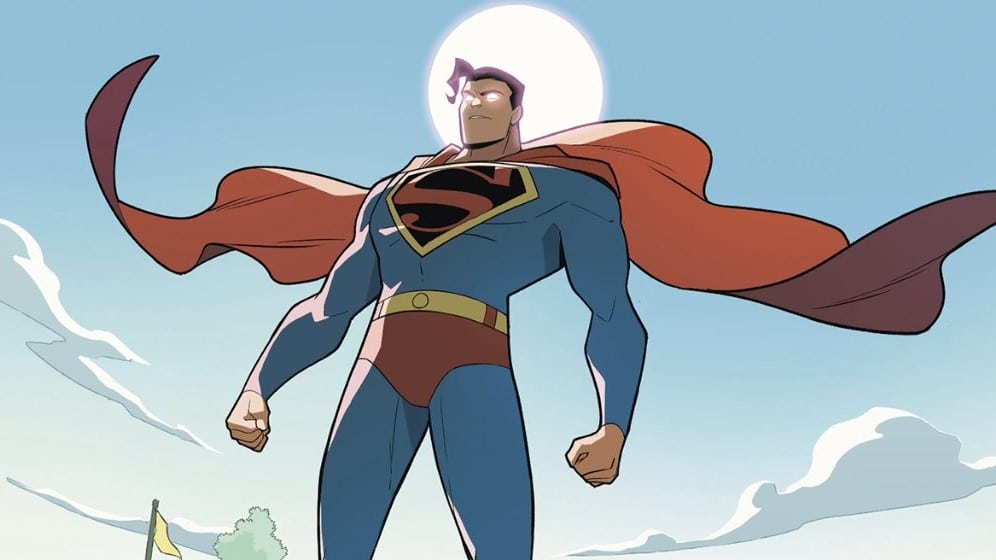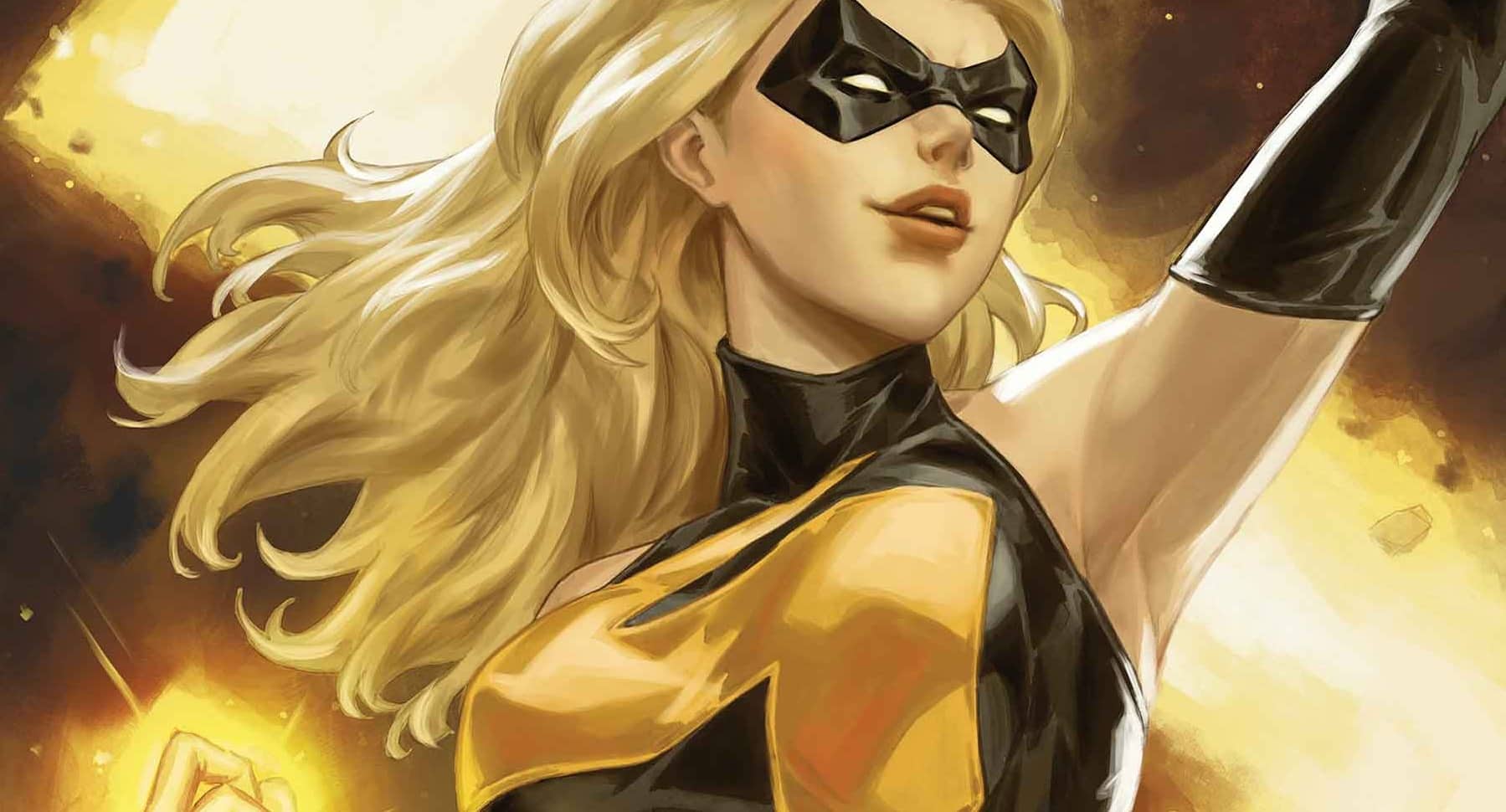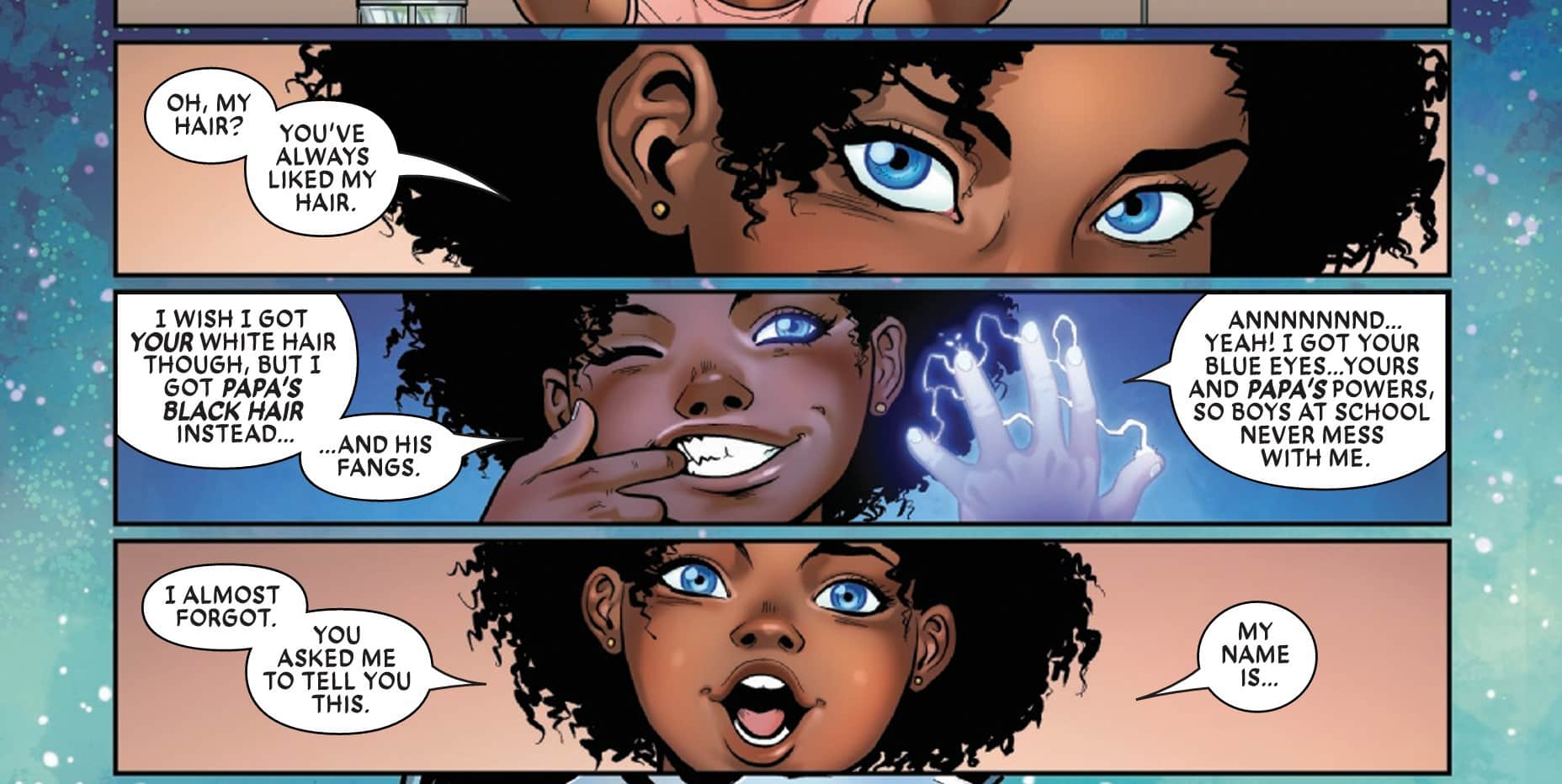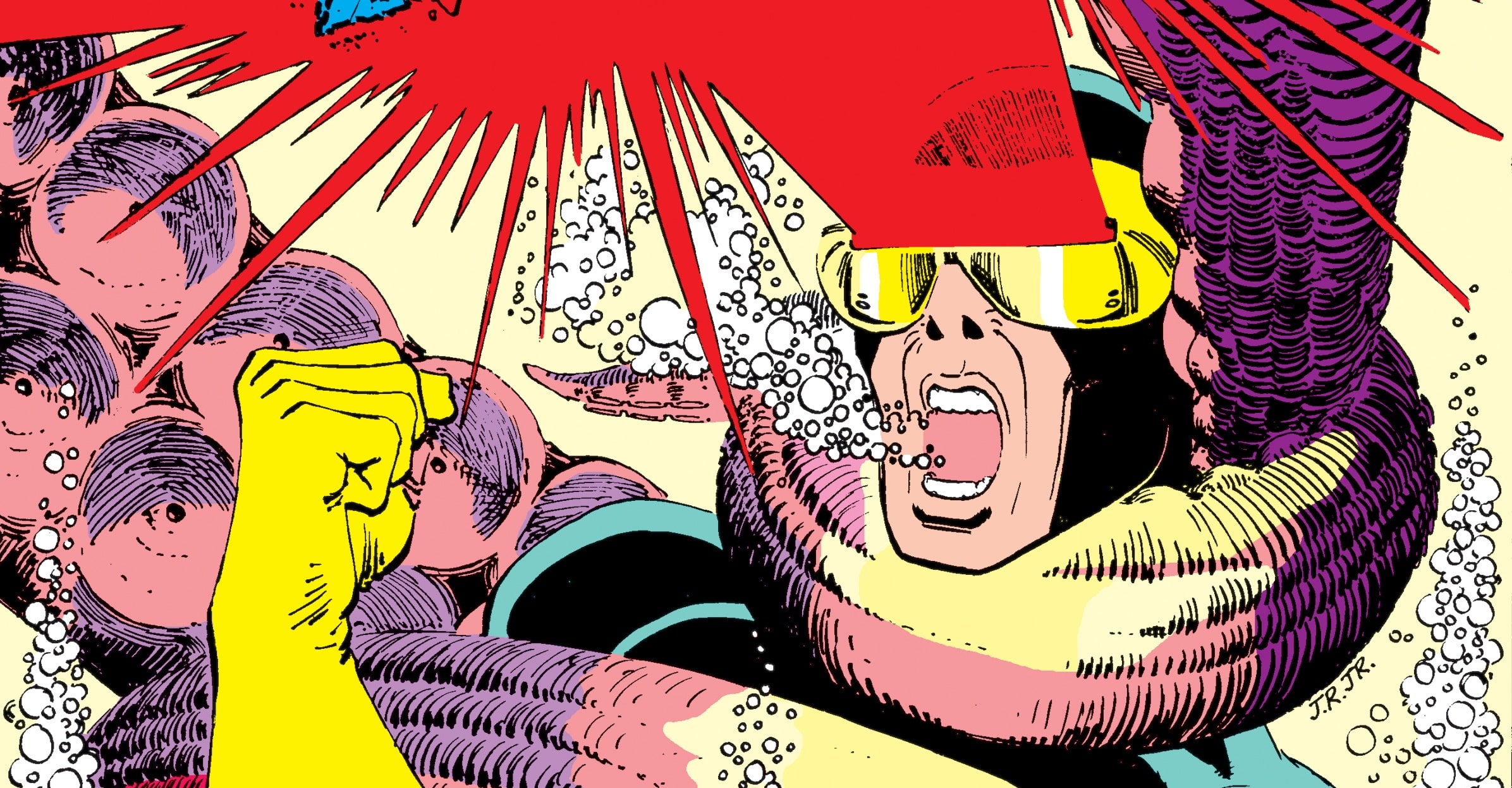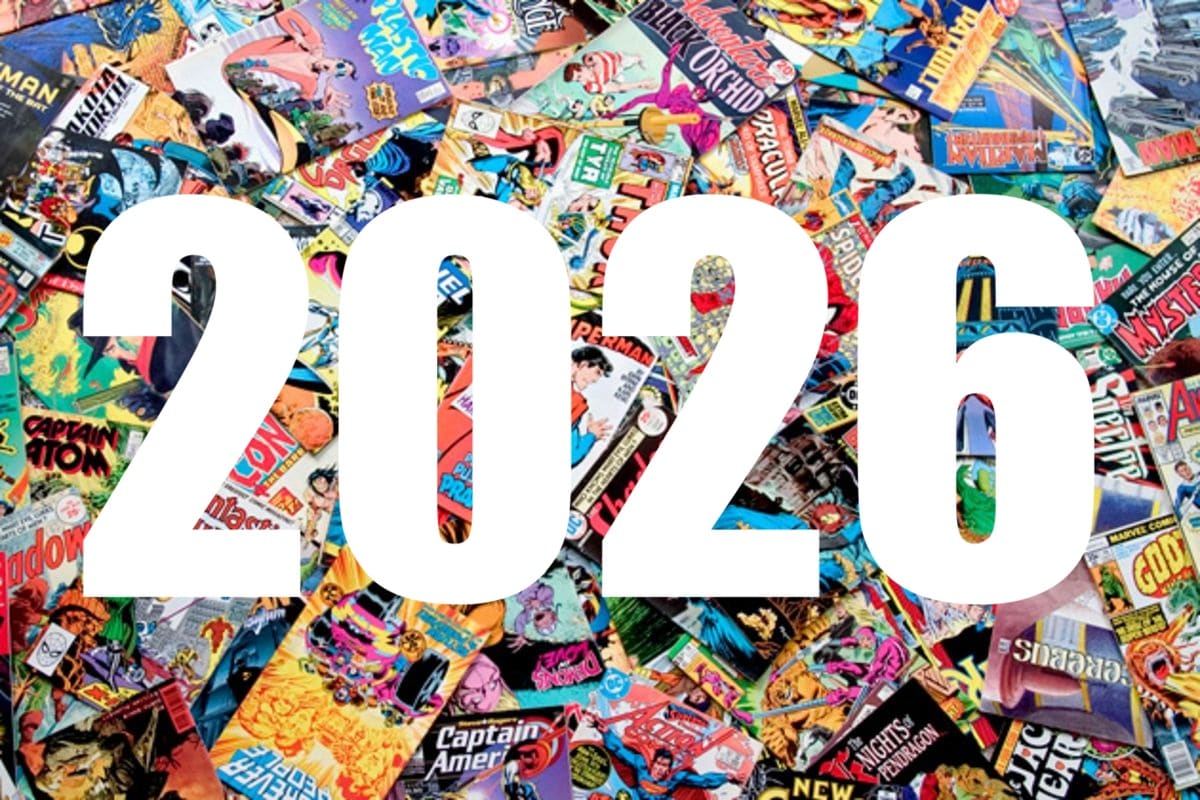Award-winning writer Ta-Nehisi Coates, who spent the last 5 years writing comics for Marvel, will reportedly write a live action Superman film.
Outside of an Instagram post (does that silver “S” look kinda Steel-ish? How should I read Ava DuVernay liking the post?), we have no other information about the film. No plot, no star, no director, no timeline for release.
But we do have years and years of Coates’ writing. And while the past is not always prologue, we can assume his writing history will guide what kind of movie we’ll be getting.
So let’s take a few guesses at what we can expect.
Superman will be Painfully Aware of his Faults and Limitations

It’s easy to write a self-righteous hero that never makes mistakes. It’s increasingly popular to write dark, tortured heroes who do the right thing through psychological pain. Coates’ (always male) heroes, however, tend to split the difference between critical self-awareness and fantasy fulfillment.
Consistent across the leads of a Coates writing – T’Challa, Steve Rogers, the lead in his novel The Water Dancer and, one can argue, Coates himself in The Beautiful Struggle and Between the World and Me – is a deep humility. When the mission becomes more about them than they people they’re supposed to be saving, they catch themselves, chide themselves, and course correct. Yes they punch and kick and save the day, but not at the expense of their communities or core beliefs.
Again, we don’t know much of anything, but we can assume we’ll see a more hopeful tone for his iteration of the world’s most powerful Boy Scout.
Superman Will Have a Community of Strong Women Around Him

Coates received blowback in critical examinations of his early books because of how ancillary women were to their narratives. Coates’ subsequent work made amends to compensate: his Captain America was saved by the Daughters of Liberty, a secret supergroup of superhero heroines. Black Panther is guided by his female generals, his genius sister, his lovingly wise mother, and his on again, off again (on again?) partner with a, uh, Stormy temperament. Even in The Water Dancer, the main character is guided by apparitions of women ancestors, led to freedom by women, and motivators to freedom by a woman.
I expect Lois and the women of Smallville, Metropolis or wherever the action leads to be active, aware, and pass the Bechdel Test with flying colors.
Politics & Communities will be Major Themes

The Water Dancer centers around slavery, and Black bodies have always been the center of American politic. The book’s main character derives his power from community, to benefit communities, even as he struggles to find his place in those communities.
Wakanda moved from a monarchy to a parliamentary democracy in Coates’ first Black Panther arc. T’Challa continually relies on his community for his power, for his validation, for his moral compass and for his purpose. In Captain America, the politics of the disaffected play an outsized, and sadly, unsurprisingly precedent role. The nature of America as a singular community is, I argue, the central theme of his Cap run.
Thus I fully expect Superman to be stifled by a political conundrum, and I expect his community to power Superman through this conundrum in ways not even the sun can.
Superman Might be Black… But He Doesn’t Have To Be

Coates broke the story to Shadow and Act, who pointedly noted no casting or directing decisions have been made. If I was to guess, Coates leaked the news to Black press outfit on purpose, and purposely included that tidbit to proactively, officially refute any narrative of him writing a “Black” Superman story. But speculation was inevitable.
As much of Coates’ non-fiction writing has been based on race, it’s natural to assume those proclivities will spill into his narrative. The Hollywood Reporter’s Borys Kit believes this is a “Black Superman” story, noting new sources and old rumors of Micheal B. Jordan trying to create his own Superman vehicle in recent years. (Of note: Mr Jordan is attached to a DC adjacent property: a Static Shock movie.)
We don’t know how true any of this speculation is. But we do know this: Coates’ Superman deserves to be treated as the true, authentic Superman, no matter his color. Unlike Batman, who came from a legacy or wealth that was systemically impossible for a Black American to attain, or Steve Rogers who served in WWII when Black men couldn’t serve equally, there’s nothing about Superman’s upbringing that requires Clark Kent to be Caucasian. He was adopted by farmers in Kansas. He was a reporter. He has a wife and a family. To assume this is inherently white is racist. Full stop. The only consistently white thing about Superman has been his depictions.
Whiteness, for worse and for worse, is the default for heroes. The strain of super-powered heroism, of which Superman is the archetype, was for years exclusively the province of white men. But just because they were a standard does not require stories to maintain them as the standard. Superman, at heart, is the story of an outsider who spends his life trying to find his place in a world where he doesn’t quite belong. It’s a story conceived by a people who were not considered fully white; a story many non-white Americans relate to on multiple levels today. Does Superman feel more alienation because he’s a literal alien, or because he simply doesn’t look like the “traditional” Kansan? True, “Marvelous” and “Iconic” iterations of this trope are tinged with more melanin, but a tanned-skinned subject sacrifices nothing in translation, adds to the character’s depth, and harkens back to the true roots of the character’s creation.
Paradoxically, the issue with a “Black” Superman would be calling him, well, “Black” Superman. It’s literally accurate, yes, but referring to this Superman with that addenda always attached would implicate this Superman as an “other”. Not the “real” Superman but a one-off aberration, relegated to a movie and not recognized elsewhere. And there is evidence to support this may be the case.
DC’s films have been disasters. While much may hinge on how the Flashpoint movie explores a multiverse, It’s possible this will be a Superman story in the same vein as Todd Philips’ Joker: a one off. Even as DC prepares to bring back the Black-centered Milestone line, it’s characters appear to be in a universe separate from (but equal to?) the main DC line – even though they’ve previously appeared in DC media, and even though other absorbed characters from other comic creators found their way into DC Comics.

It would be a shame to create a Superman movie with a Black lead only to cordon it off from the rest of the DC universe. Again, we don’t know if the lead will be Black. We do know, however, Coates’ success at character creation is not dependent on those characters exclusively being Black. Remember, Coates currently writes a white Captain America who, in demeanor and respect, in fortitude and moral leadership, is often used as an analogy to Superman.
Black artists do not have the privilege of creating ill-informed work. Our mere existence is political; our survival requires tireless accuracy, necessitating knowledge of white thought and actions better than white people do. Black writers have the inherent, learned, necessary skill to write about more than Black people.
Coates does not need to create a Black Superman. But if he wants to, that’s perfectly fine.
We do not know what Coates’ Superman will literally or figuratively look like. We don’t know what he will do or where he will go. Yet we know Coates, and we know no matter who dons the iconic cape and breastplate, we can rest assured the story will be thoughtful, inclusive, and engaging.
A proud New Orleanian living in the District of Columbia, Jude Jones is a professional thinker, amateur photographer, burgeoning runner and lover of Black culture, love and life. Magneto and Cyclops (and Killmonger) were right. Learn more about Jude at SaintJudeJones.com.

